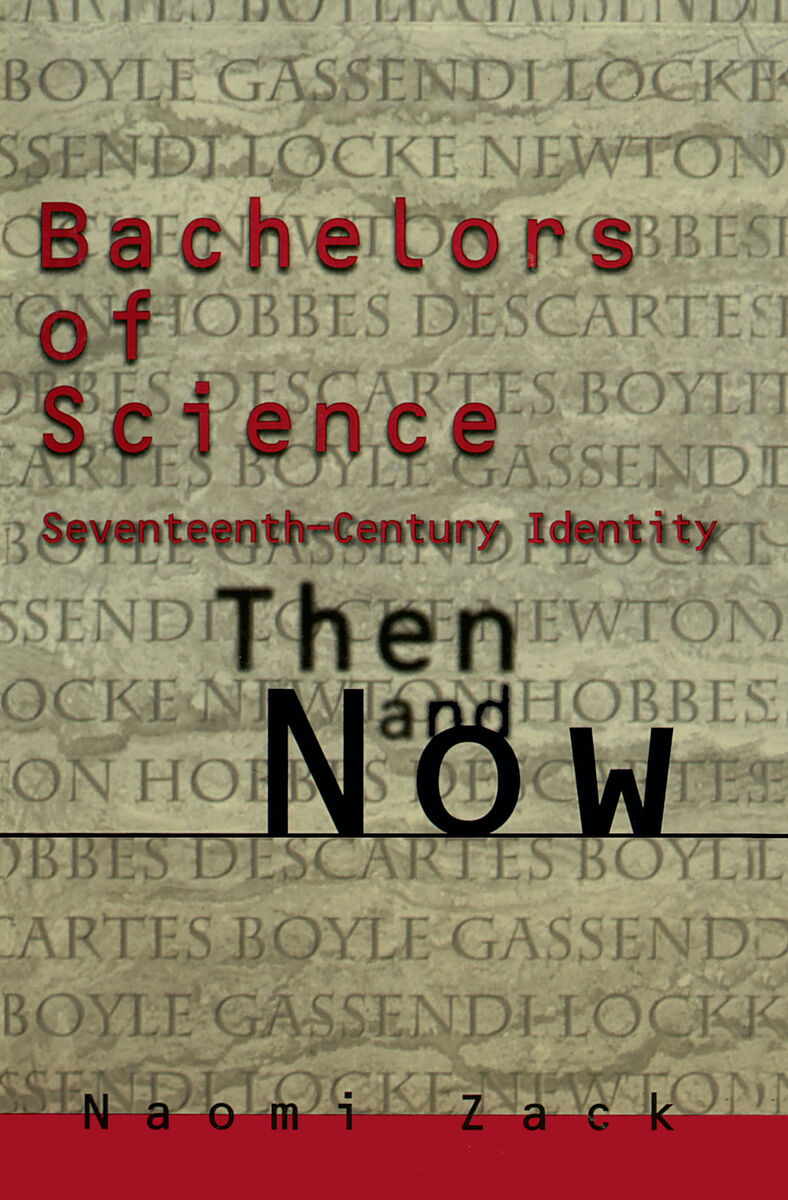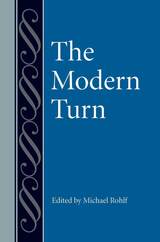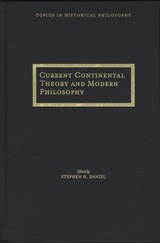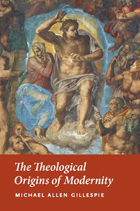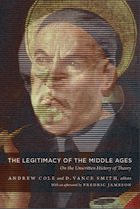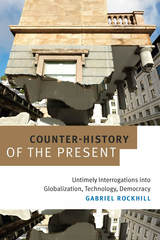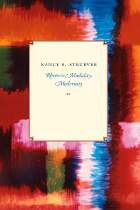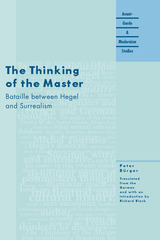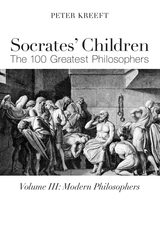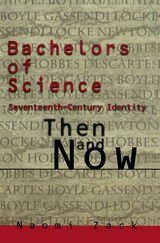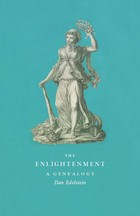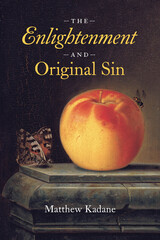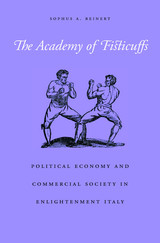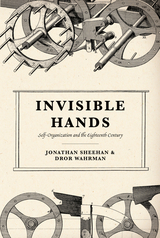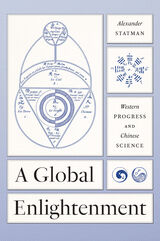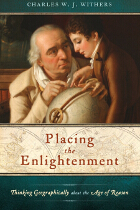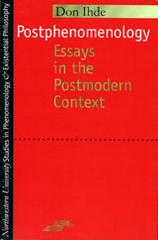Bachelors of Science: Seventeenth Century Identity, Then and Now
Temple University Press, 1996
Cloth: 978-1-56639-435-2 | Paper: 978-1-56639-436-9
Library of Congress Classification B801.Z33 1996
See other books on: Identity (Psychology) | Now | Philosophers | Philosophy and science | Philosophy, Modern
See other titles from Temple University Press
Cloth: 978-1-56639-435-2 | Paper: 978-1-56639-436-9
Library of Congress Classification B801.Z33 1996
ABOUT THIS BOOK | REQUEST ACCESSIBLE FILE
ABOUT THIS BOOK
Naomi Zack begins this extraordinary book with the premise that if one is to understand Western conceptions of racialized and gendered identity, one needs to go back to a period when such categories were not salient and examine how notions of identity in the seventeenth century were fundamentally different from subsequent constructions. The seventeenth century is the last time, for example, that Europeans had any contact with non-Europeans without racializing them. From the eighteenth century onward, race becomes a central category for Europeans in their transactions with a different world, and gender undergoes radical transformation.
Zack takes the reader through a lucid tour of the lives, times, and writings of such key "bachelors of Science" as Bacon, Descartes, Newton, and Gassendi. The book situates these empiricist philosophers and their canonical reputations within the larger framework of the de facto "masculinization of science" and "scientizing of masculinity" in the seventeenth century, arguing for a more nuanced understanding of these key thinkers of the period.
Other fascinating issues examined in this book include pre-racial conceptions of slavery, witchcraft trials and their connection to homosociality, and the highly sexualized nature of women's identity in the seventeenth century. Zack points out the link between elite bachelorhood, the profession of philosophy, and scientific pursuit as recreational activity. This book is a must for understanding the historical and philosophical precedents of modern scientific identity, race, and gender.
Zack takes the reader through a lucid tour of the lives, times, and writings of such key "bachelors of Science" as Bacon, Descartes, Newton, and Gassendi. The book situates these empiricist philosophers and their canonical reputations within the larger framework of the de facto "masculinization of science" and "scientizing of masculinity" in the seventeenth century, arguing for a more nuanced understanding of these key thinkers of the period.
Other fascinating issues examined in this book include pre-racial conceptions of slavery, witchcraft trials and their connection to homosociality, and the highly sexualized nature of women's identity in the seventeenth century. Zack points out the link between elite bachelorhood, the profession of philosophy, and scientific pursuit as recreational activity. This book is a must for understanding the historical and philosophical precedents of modern scientific identity, race, and gender.
See other books on: Identity (Psychology) | Now | Philosophers | Philosophy and science | Philosophy, Modern
See other titles from Temple University Press
